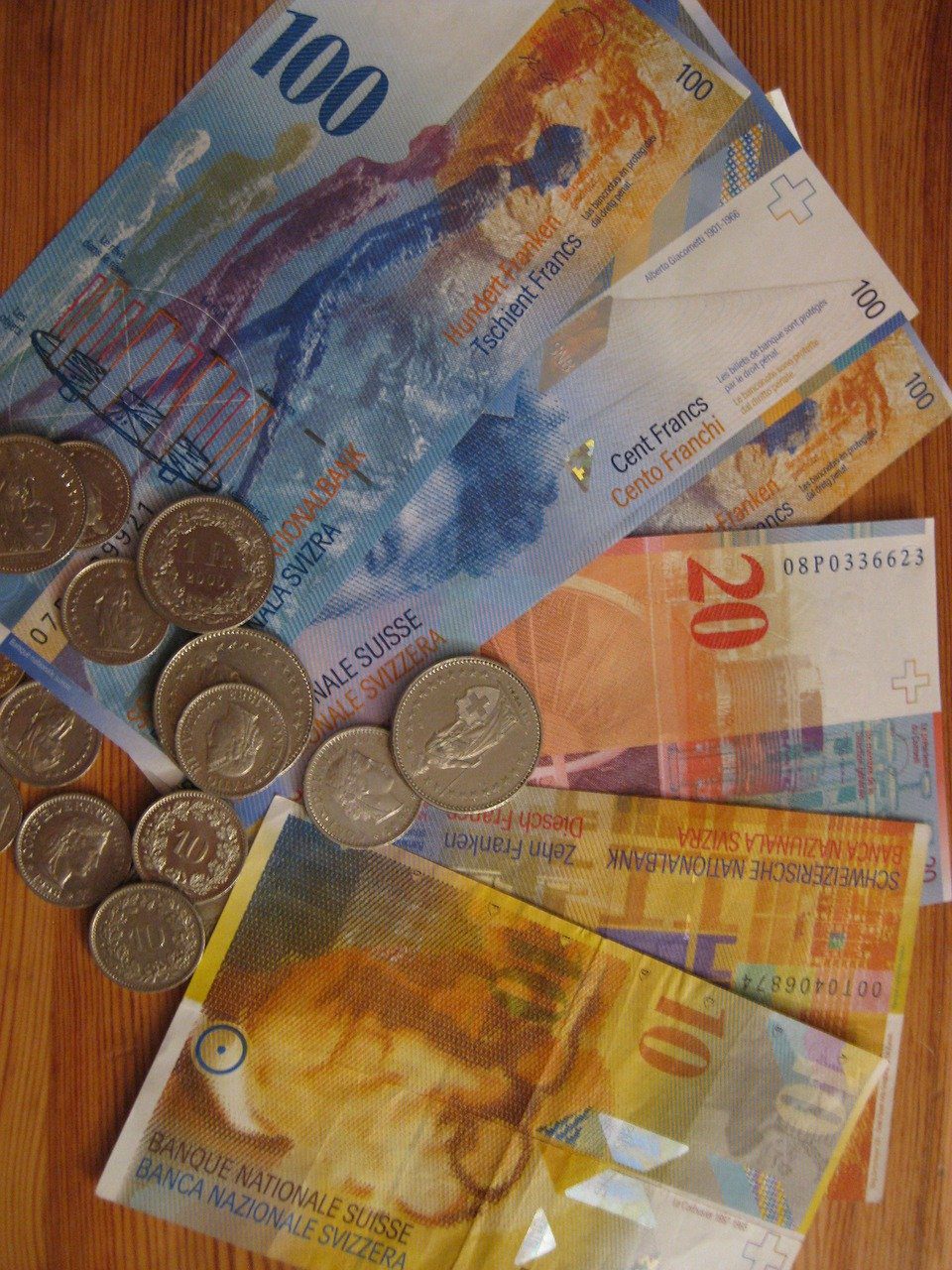
After hesitating at first, Swiss Foreign Minister Ignazio Cassis of the Free Democratic Party (FDP) announced on Monday, February 28th, that Switzerland will adopt the package of sanctions against Russia imposed by the EU. Cassis, who currently also acts as President of Switzerland, explained in a reference to Swiss neutrality that “this was not a choice to be made easily.”
One week earlier, Switzerland chose to impose only limited sanctions, with the stated goal of preventing circumvention of EU sanctions via Switzerland. Even so, Switzerland kept bank accounts open and active for the 367 Russians and Russian companies found on the EU’s sanctions list.
Due to pressure from in- and outside of the country, the Swiss government has changed its course and adopted the full package of EU sanctions, including the freezing of bank accounts.
According to Cassis, other democracies and states representing international law and human rights have to be able to count on Switzerland. The Russian attack on a sovereign country is “morally unacceptable,” said the president. “It’s not neutral to play into an aggressor’s hands,” explained Cassis. “We’re dedicated to the laws of humanity and cannot stand by and watch how these are being trampled upon.”
According to the Bank for International Settlements, up to 80% of Russia’s commodity trade is channeled through Switzerland. As such it is expected that more than half of the 367 persons on the sanctions list have bank accounts in Switzerland, but Mark Pieth, a Swiss anti-corruption activist and lawyer, believes that their money might have already been transferred elsewhere. “Those people are professionals when it comes to hiding their money,” Pieth said in an interview with the Frankfurter Allgemeine Zeitung.
While Ignazio Cassis and the Swiss government support the decision, Minister of Finances Ueli Maurer of the national-conservative Schweizer Volkspartei (SVP) emphasized the lost opportunities arising from Swiss neutrality. In an interview with Swiss Television, he analyzed the “Russian soul” and addressed Russia’s constant feeling of humiliation after the fall of the Soviet Union. “It is like a dog on a chain,” Maurer said, “you can hit him, but if he breaks free, he’s going to get his revenge.” For Maurer, Switzerland is on good terms with Russia and could contribute to a deescalation of the current situation as a small neutral state. “That should be our goal,” Maurer added.
This perspective is not shared by other parties. Gerhard Pfister of the Christian-democratic party “Die Mitte” said that “Switzerland should not become the business-hub for Russia’s war;” the liberal party, FDP,, was one of the forces demanding full support of the sanctions against Russia, claiming that “resolute opposition against a criminal” is more important than “economical considerations in the short term.”
The Swiss move to adopt the full sanction package is the latest blow to the Russian economy. Already on Sunday, February 27th, the EU announced sanctions against the Central Bank of Russia (CBR) which limit the central bank’s ability to access its reserves and could thus lead to a destabilization of the Russian ruble.
Following this, the Bank of Russia increased the key rate to 20% per annum on Monday. This move is meant to “ensure a rise in deposit rates to levels needed to compensate for the increased depreciation and inflation risk,” according to the official press release by the bank.
